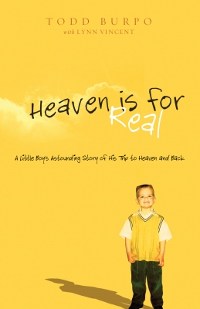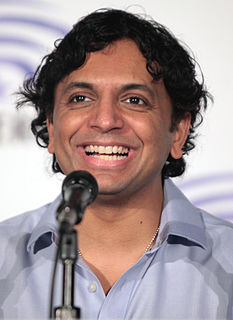A Quote by Glenn Turner
I met my wife in Bombay at an official function. And then we courted for three years. That's a great old term, 'courting.' And we had to do it quietly, of course, because you would know the difficulties one might have with Indian parents. She was advised by her father that people in the West don't take marriage seriously.
Related Quotes
I met my wife [Sukhinder Kaur Gill] in Bombay at an official function. And then we courted for three years. That's a great old term, 'courting’. And we had to do it quietly, of course, because you would know the difficulties one might have with Indian parents. She was advised by her father that people in the West don't take marriage seriously.
She didn’t understand why it was happening,” he said. “I had to tell her she would die. Her social worker said I had to tell her. I had to tell her she would die, so I told her she was going to heaven. She asked if I would be there, and I said that I would not, not yet. But eventually, she said, and I promised that yes, of course, very soon. And I told her that in the meantime we had great family up there that would take care of her. And she asked me when I would be there, and I told her soon. Twenty-two years ago.
I think Jennifer Lawrence is that inside of herself. As long as I've known her she's been both 10 years old and 50 years old. And we've watched her grow up since she walked on "Silver Linings Playbook" as a 20-year-old and had not been - "Hunger Games" had not come out. And I've watched her have to take on and deal with a great deal of attention and resources and people.
When I lost my wife I had a whole different concept of her life. She lived 21 years and people who knew her know it wasn't about the great things she did on this earth. It wasn't that she had money or had popularity, it was that she loved Jesus Christ more than anything else in this world. That was how she related to the world.
I had gone to - that was my second time going to the mosque. And then at that time we met [with my wife], she was Muslim and - but was at a point where - because her father is an imam and her mother, though, is a convert, but she was basically raised Muslim. And she was at that point where she was deciding or trying to come to terms with her own relationship with Islam and how to embrace that for herself. So I was sort of trying to come walk toward it.
I love my wife. We've had a few slings and arrows across the room, but I'm not prepared to give in, you know? People say she saved my life, but at the same time, I saved her life, as well, I think. She's a great mother, she's a great wife, she's a great worker, she's a great manager. She's just great.
A friend of ours, the wife of a pastor at a church in Colorado, had once told me about something her daughter, Hannah, said when she was three years old. After the morning service was over one Sunday, Hannah tugged on her mom's skirt and asked. "Mommy, why do some people in church have lights over their heads and some don't?" At the time, I remember thinking two things: First, I would've knelt down and asked Hannah, "Did I have a light over my head? Please say yes!" I also wondered what Hannah had seen, and whether she had seen it because, like my son, she had a childlike faith.
I mean, her father was an alcoholic, and her mother was the suffering wife of a man who she could never predict what he would do, where he would be, who he would be. And it's sort of interesting because Eleanor Roosevelt never writes about her mother's agony. She only writes about her father's agony. But her whole life is dedicated to making it better for people in the kind of need and pain and anguish that her mother was in.
My grandparents were classic Indian grandparents. My grandmother would put so much powder on her face that it was like a Kabuki play and she'd come down the stairs. I was like 8 or 9 years old. My grandfather apparently had no teeth because he would take out his teeth and put them in a glass, and then he would try to scare me with it. I started to try to scare them when I was a little older.
What's amazing to me is how many of the issues facing women in the ancient world still linger today. Take Odysseus' wife, Penelope, a brilliant, resourceful woman who ends up in a terrible situation: in her husband's absence, she is being held hostage in her own home by men who claim to be courting her. She tries to make them leave, but because she's a woman they refuse, blaming their bad behavior on her desirability.
You know, and the fact that Nina Simone had to start playing in clubs and sing because her parents had moved north to support her music education. You know, so she had to sing. She had to make a living 'cause she was supporting her family. So poverty and race put her in this place which, you know, created enormous success, but it's not what her psyche was all about.





































